Ethical Hypotheticals for Large Firms and In-House Counsel (2019)
Preview:
Learning Outcomes: Discuss 5 Ethical Hypotheticals for Large Firms and In-House Counsel with Steve Mark, AM
(1) You are assisting a corporate client with a reorganisation of his company and he informs you that a major international corporation is interested in taking over his company and he is very happy as he knows that his share price will rocket up. Without telling your client you go out and purchase a number of shares in his company.
(2) You are in-house counsel of a private company which is wholly-owned by the CEO who is also the sole director. You learn from an inadvertent slip-up by the CFO that the corporation has presented intentionally false financial statements to its auditor and its lender. The CEO is fully aware of the situation and has directed the CFO to submit the false financial statements. The CEO tells you that it is his decision and that you are to keep quiet about it. What should you do?
(3) You are employed as General Counsel for a major publishing house. The publishing house is being sued for defamation together with an author in relation to a book he wrote depicting a fictitious politician as a buffoon and potentially a criminal. The allegation raises a potential defence of truth and your view is that in the circumstances the matter should be settled. The author involved strongly objects to settlement and pressures the Board of your company to litigate. The Board wants to appease the author and directs you to defend the matter. What do you do? The Board directs you to also appear for the author as you are familiar will all of the aspects of the case, the author cannot afford representation and the Board wants to look after him.
(4) You are a solicitor working on a complex commercial matter involving an attempted takeover of a company, “Allflush” by your client “Enydanow”. You have been primarily working with Enydanow’s in-house Council. The in-house counsel had prepared a list of questions in relation to performing due diligence on Allflush that she instructs you to use in the due diligence process. The in-house counsel had previously cleared the list with her boss, the General Council, and the CEO of the company. When you look at the list, you realise that the in-house has missed several very important issues, and if you use her list, there could be a very negative impact on your client. You telephone the in=house council and inform her of the errors in her list, but she tells you to use the list anyway as she is concerned that if the General counsel or CEO finds out about her mistake, she could lose her job. You agree to act on her instructions.
(5) Paul is a partner in a busy city practice in charge of a property team. The team contains a number of solicitors which includes one junior solicitor and Jane, a paralegal. Paul likes to do all the major litigation that comes into the firm, and so he gives most of the other legal work to the junior solicitor and the conveyancing to Jane. Jane is not very experienced and on one occasion she is working on a complicated transaction where a series of properties are being bought and sold. However, she feels that she could handle anything and so doesn’t let Paul know of the complicated issues involved. The transaction goes horribly wrong, an easement is missed on one of the properties and the transaction collapses. An action in negligence is threatened against the firm.
(6) In defamation the cause of action dies with you. He seeks your advice on bringing an action to recover damages. You do so. The defamation is admitted, negotiations commence and the publisher offers $100,000 plus costs. You confer with your client who insists that he will not settle for less than $150,000 plus costs. You are instructed to reject the offer of $100,000 plus costs. An hour later and before you have responded to the newspaper’s offer your client’s wife rings. The client has had a major heart attack with a minimal chance of survival of the surgery being conducted as they were talking. She was present at the conference that morning. She asks you to accept the $100,000 offer. You want time to think. An hour later the wife telephones again. The surgery was not successful. The client is on life support but withdrawal of life support is being considered. Do you accept the offer? What do you do?
About your Speaker: Steve Mark, AM – Creative Consequences
Steve Mark is a lawyer by profession, having initially studied in America, the country of his birth, and subsequently in Australia. He practised law with a private firm for five years, specialising in criminal law before travelling to England where for three years he practised in criminal, immigration and human rights law.
He was President of the New South Wales Anti-Discrimination Board from 1988 to 1994.
Steve is Chairman of the Australian Section of the International Commission of Jurists. The International Commission of Jurists, established in 1952 and based in Geneva, has consultative status with the United Nations.
Steve has lectured and consulted widely throughout Australia on human rights issues and sound management practices in both the public and private sectors including a three-year period as a lecturer in the Law Faculty at Macquarie University. Steve was awarded an Honorary Doctorate of Laws at Macquarie University in October 2000.
He was appointed as Legal Services Commissioner when the Office was established in July 1994 – 2013. The Office of the Legal Services Commissioner receives complaints against solicitors and barristers in New South Wales, and works to improve ethical behaviour of lawyers.
Steve was appointed as a member of the Council of International House, The University of Sydney in January 2010.
In January 2010, Steve Mark was appointed Registrar, Australasian Register of Security Professionals which has been established to set competencies and criteria for the registration of security professionals in Australia and New Zealand.
In 2011, Steve Mark was appointed Technical Committee Member to the International Standards for Security Agencies Technical Committee.
In 2012, Steve Mark was appointed as a member of the University of New England, School of Law Advisory Board.
Steve was appointed as Adjunct Research Fellow in the School of Law, (Australian Agriculture and Law Centre) University of New England on 23 July 2012.

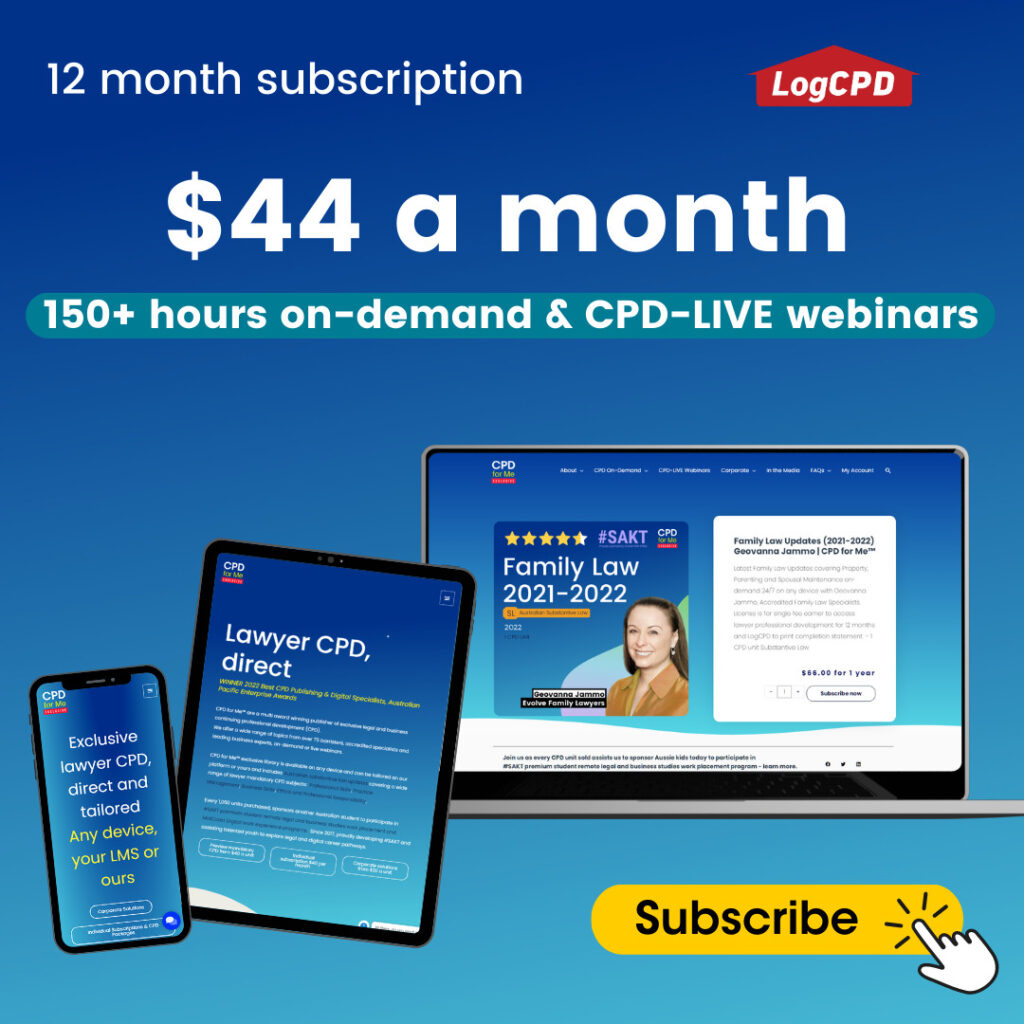
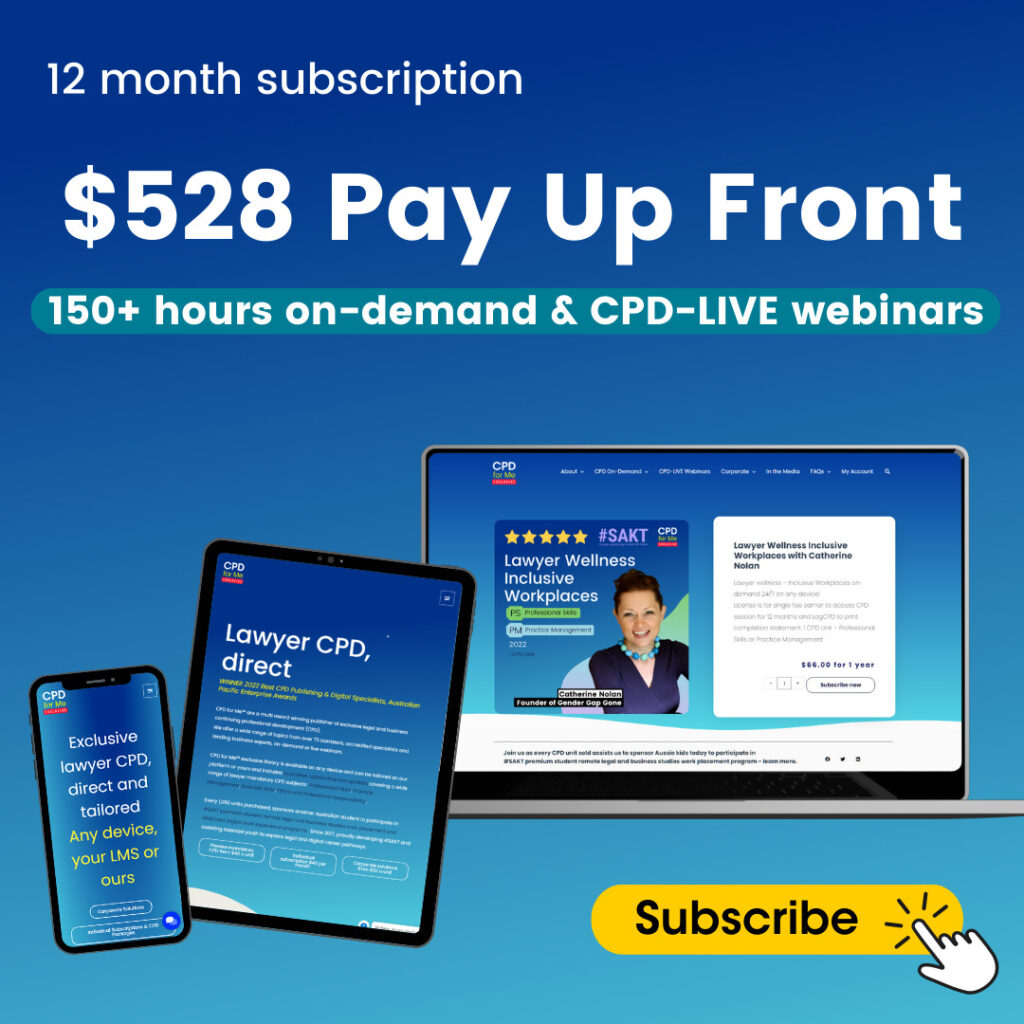
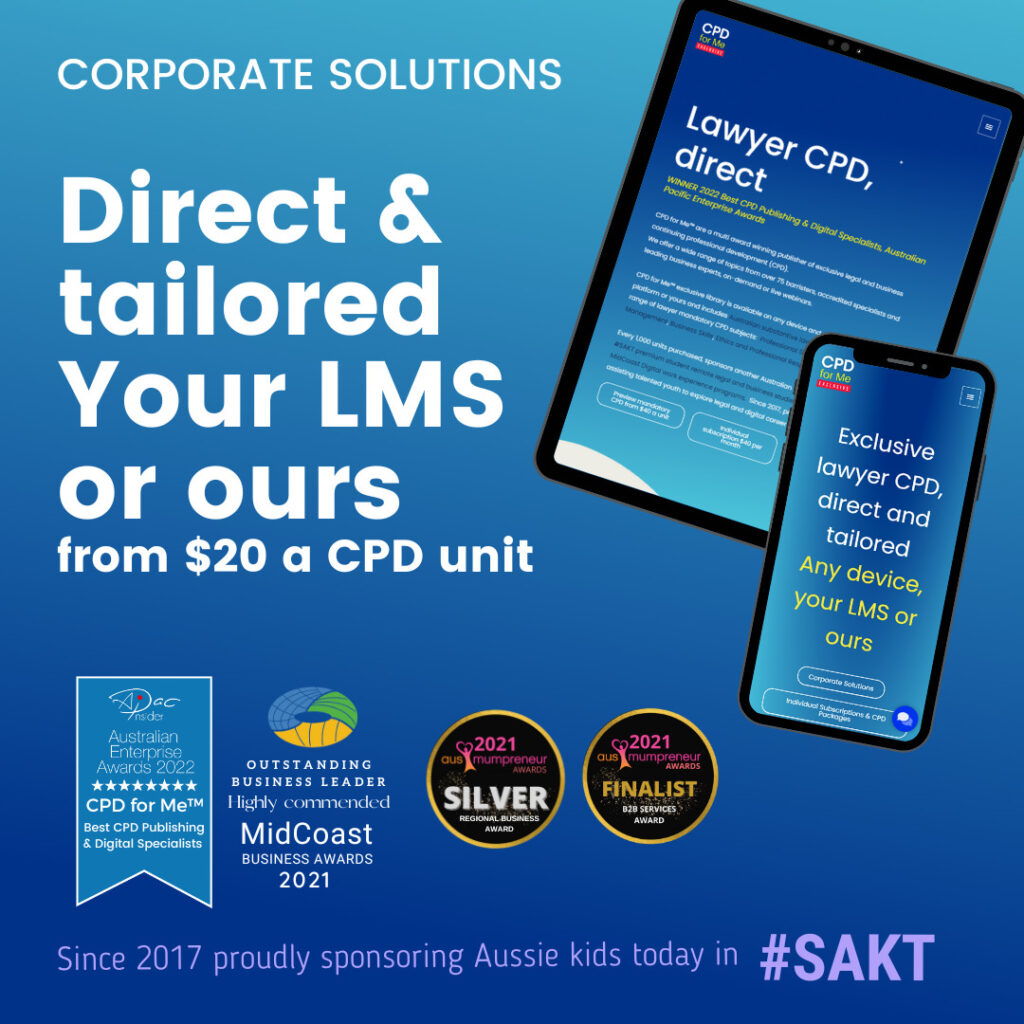
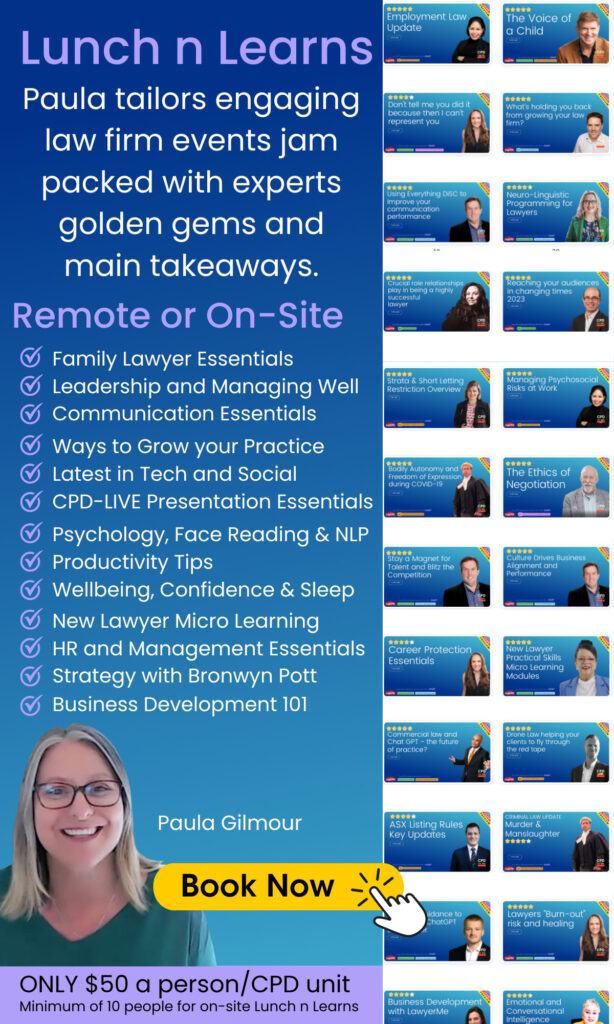
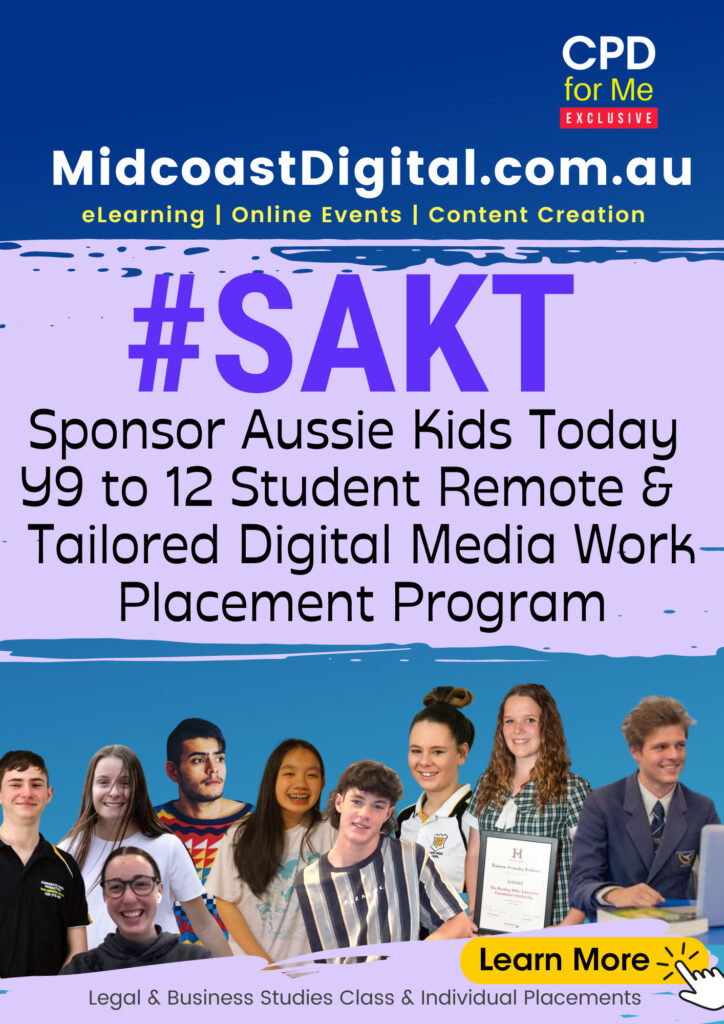




[email protected] –
-Geoff Cohen
jrockett –
Solid. The recording sound quality is not great, but thought-provoking in several instances.